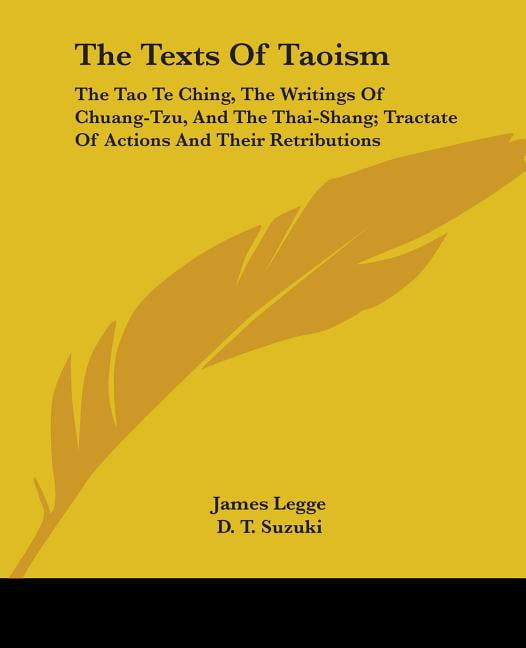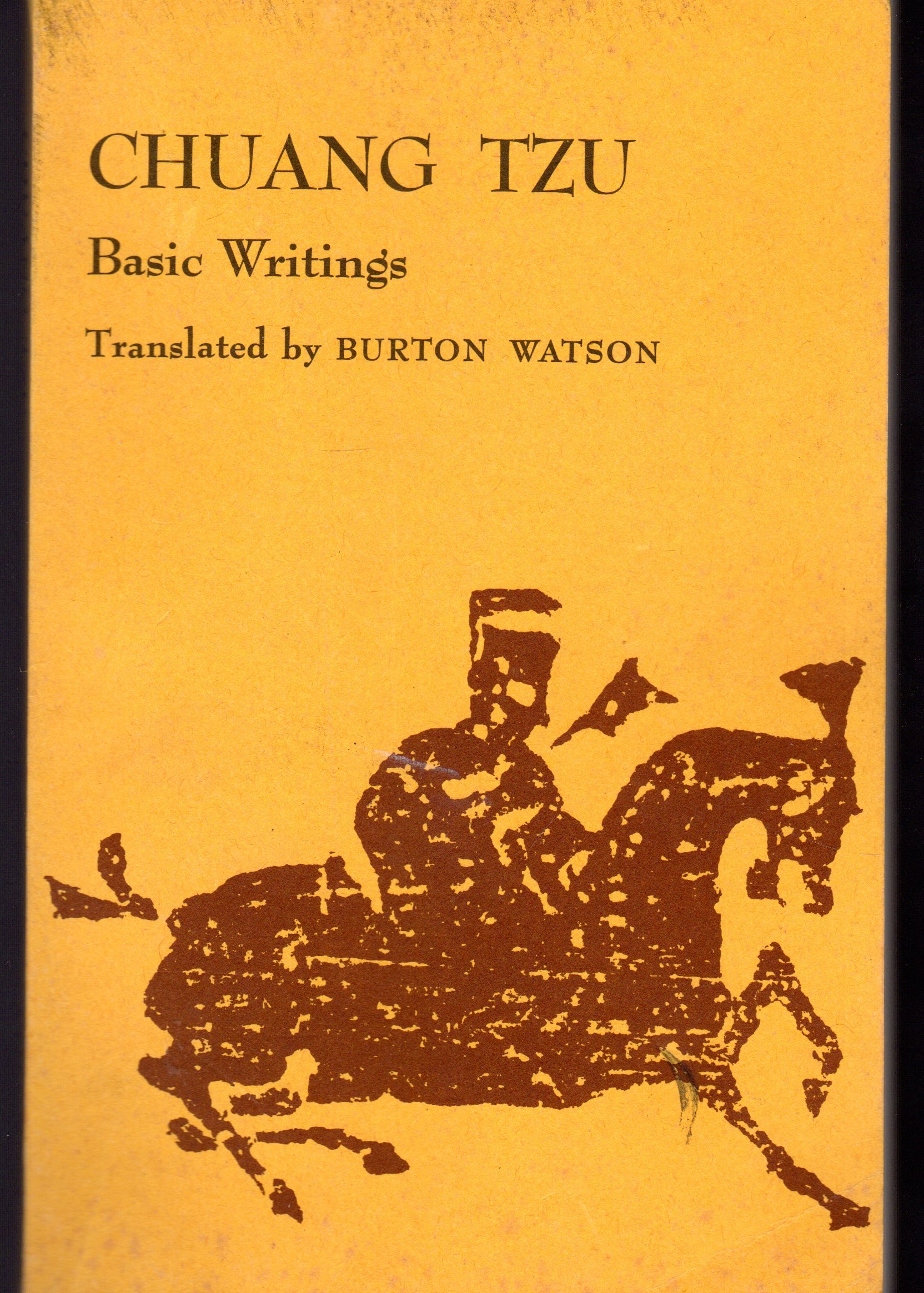



Named for its traditional author, "Master Zhuang" ( Zhuangzi), the Zhuangzi is one of the two foundational texts of Taoism, along with the Tao Te Ching. Here is wisdom: a deeply esoteric book of many levels, that will repay reading on a regular basis.The Zhuangzi ( Chinese: 莊子, historically romanized Chuang Tzŭ) is an ancient Chinese text from the late Warring States period (476–221 BC) which contains stories and anecdotes that exemplify the carefree nature of the ideal Taoist sage. Chang Tzu pursues this teaching via humour and historic parable such tales as the master dreaming he was a butterfly, then awakening and being unsure if he is indeed himself, or a butterfly dreaming he is Chuang Tzu, bring into focus the unreliability of the senses and our own fragile identity.Ĭomposed of 33 chapters, the Chuang Tzu is divided into seven 'Inner' chapters (written by the sage himself), and fifteen 'Outer' chapters which - along with a 'Miscellany' - are mainly the work of his later adherents. Daoism enjoins us to non-contention, non-intention, simplicity, humility and wisdom as the path to perfect equanimity amidst the turmoil of existence. One must learn to deal calmly with the stormy seas of life, as experience shows that fighting against the Dao only makes matters worse. Reasoning alone is insufficient and must be leavened with the development of intuition. The eponymous Chuang Tzu is considered one of the key foundational works of Daoism, exceeding even the renowned Dao De Jing of the equally elusive Laozi.ĭao translates as 'The Way', both the individual human life-path, and the infinitely complex unfolding of the Universe, whose mechanism and purpose are beyond human logic.

Chuang Tzu (pinyin: Zhuangzi) is the name given to an enigmatic Daoist sage who was born around 369 BC at Meng (now in Henan Province), where he worked as a minor official in the city of Qiyuan.


 0 kommentar(er)
0 kommentar(er)
